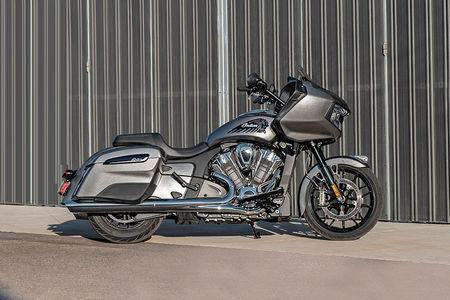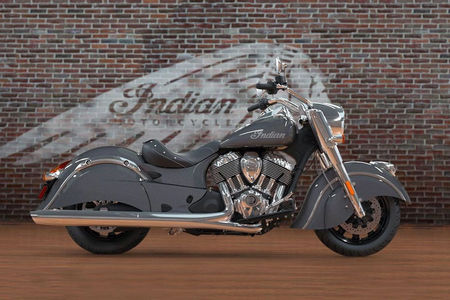IIT Madras develops alloy that might replace steel, aluminium in auto industry


A group of researchers at the Indian Institute of Technology Madras (IITM) have claimed to have developed a high-performance magnesium alloy that can replace steel and aluminium in the automobile industry.
In a statement issued by the institution, IIT-M said its researchers working with University of North Texas and US Army Research Laboratory Teams have developed an engineered magnesium alloy.
According to the group, the current industrial application of wrought magnesium alloys in structural components is very limited due to their poor moderate or low strength, poor ductility, yield strength asymmetry and lack of high strain rate super plasticity despite their density being two-third of aluminium and one-quarter of steel.
Also check these Vehicles
With vehicular emissions alone contributing 27 per cent of total carbon dioxide emissions, countries around the world are focusing on reducing them. A major focus has been lowering the carbon footprint of vehicles by using light-weight material in their body. Light-weight vehicles take less energy to run and are therefore one of the strategies to increase vehicle’s energy-efficiency.
The research team has made headway in solving this challenging problem by formulating a magnesium alloy with almost zero yield asymmetry and high ductility. The new engineered alloy is strong, highly ductile and its superplasticity is achieved at higher strain-rates which reduces overall manufacturing time, effort and costs. In addition to this, it is also lightweight, which helps lower the carbon footprint of vehicles.Lightweight vehicles need lesser fuel to run and are therefore more fuel-efficient.
Dr Sushanta Kumar Panigrahi, who was part of the collaborative research project from IIT-M. said,"In view of the compelling needs for economical usage of scarce energy resources and ever-stricter control over emissions to lower environmental impact, automotive and aerospace industries are searching for alternative advanced light-weight structural materials to existing conventional materials.
He also said that, "Being one of the lightest and energy-efficient structural materials, magnesium alloys are potential candidates to replace steel and aluminium alloys in automotive and aerospace components since their density is two-thirds of aluminium and one-quarter of steel."
His research group is also trying to increase the load-bearing capacity of metals and alloys through microstructural engineering and processing of metals.After this feat, the team is all set to apply the same strategy of processing to other known magnesium alloys and metallic alloys with the intention of obtaining highly efficient stronger materials with superior performance.








 1769.0 cc
1769.0 cc 20.0 kmpl
20.0 kmpl


















